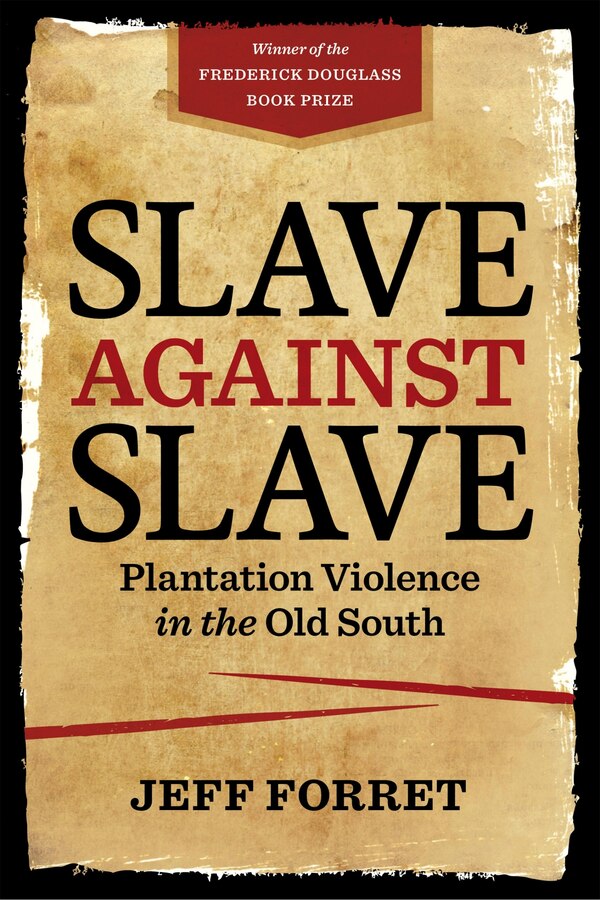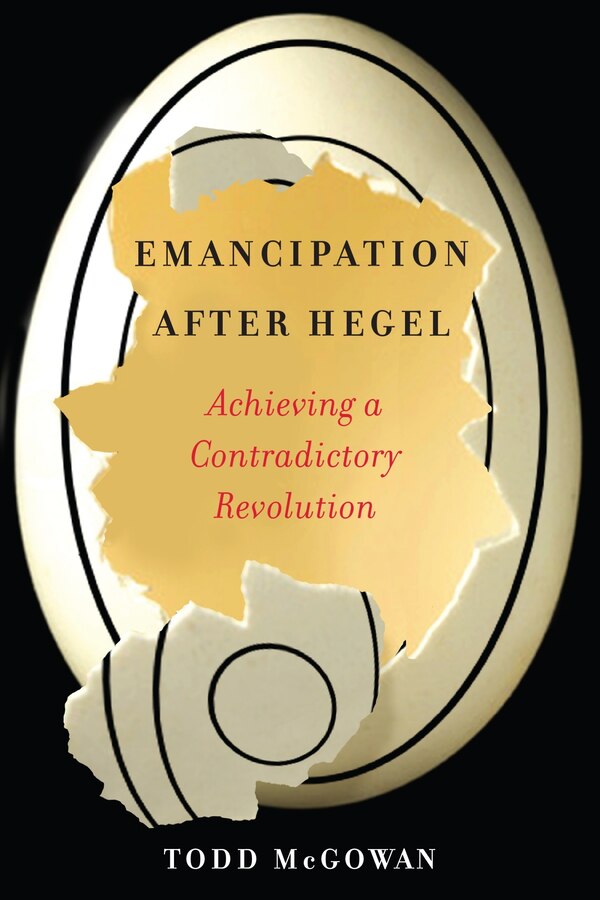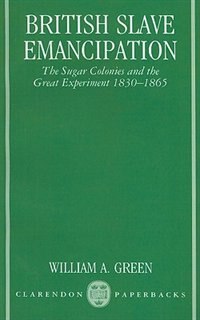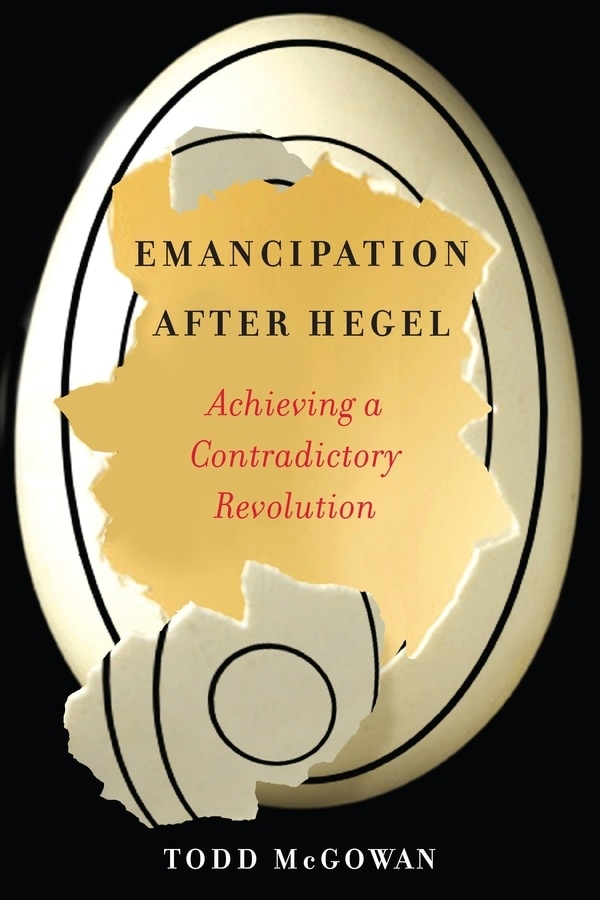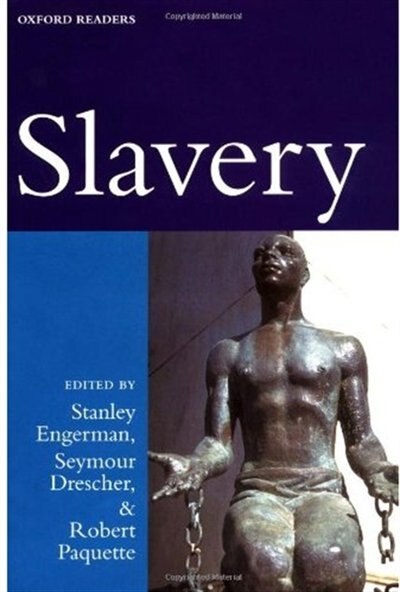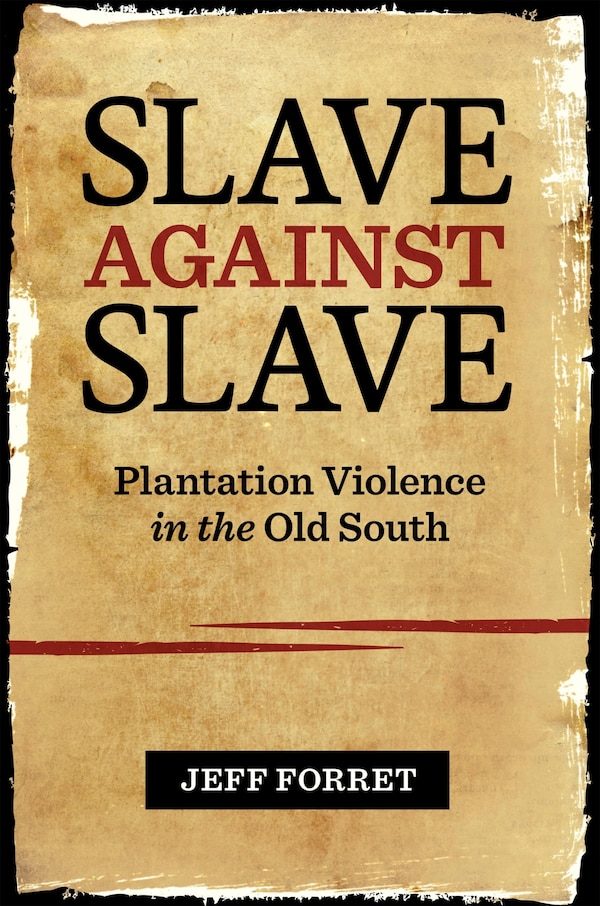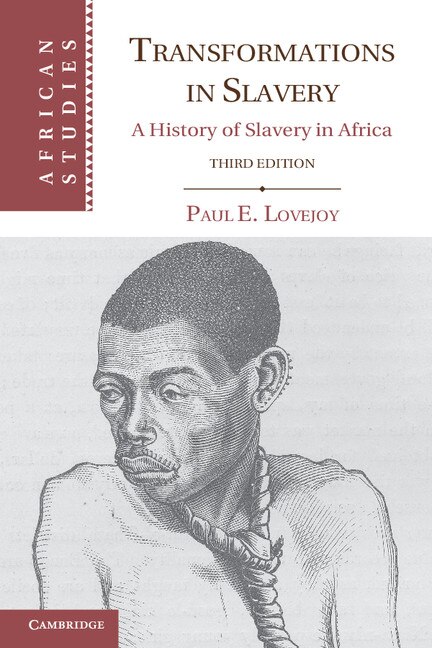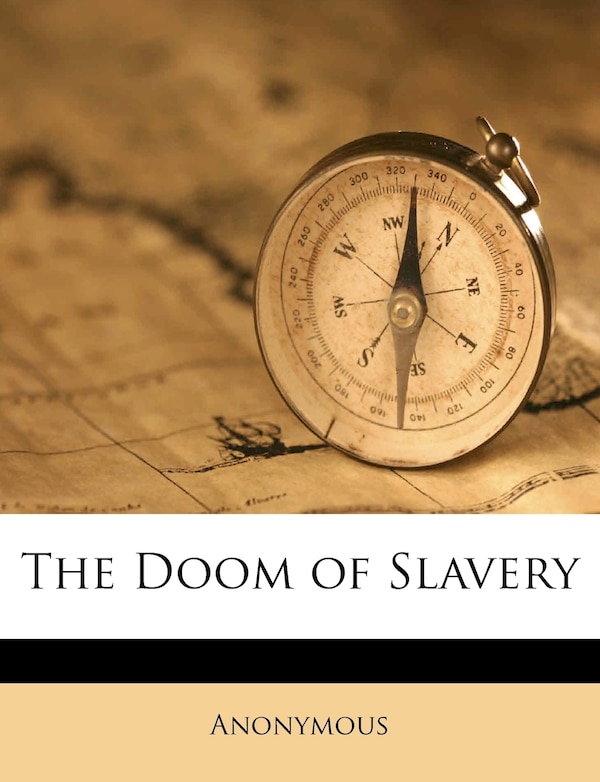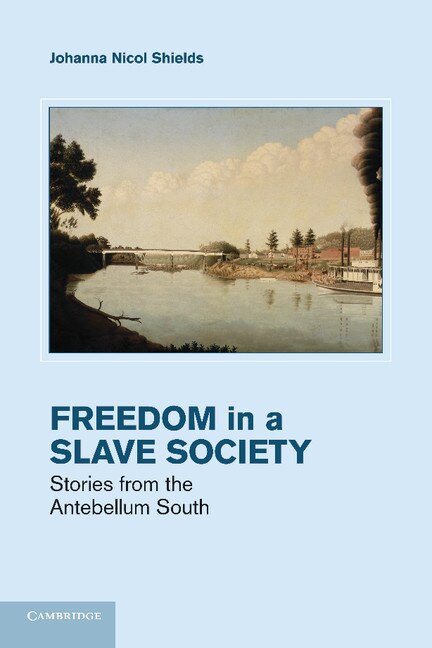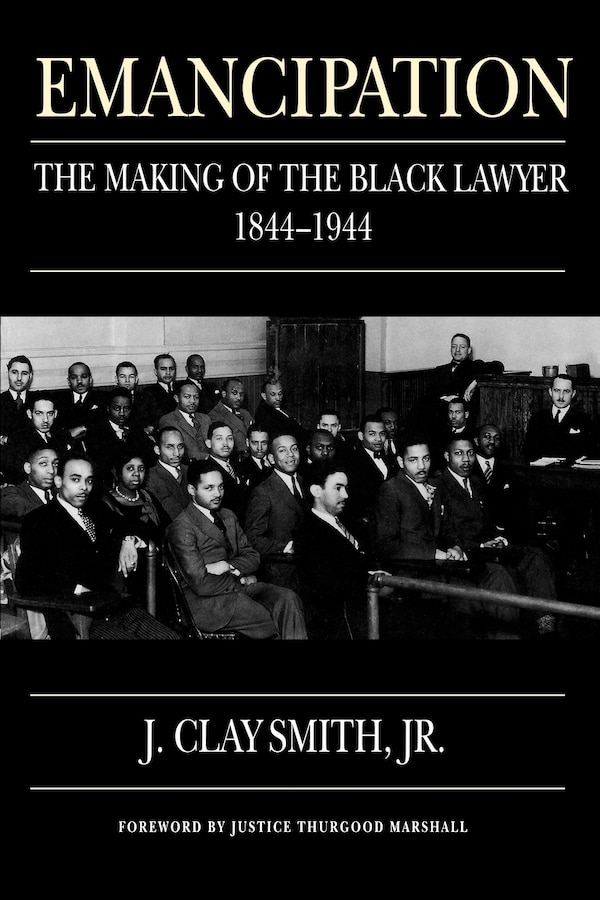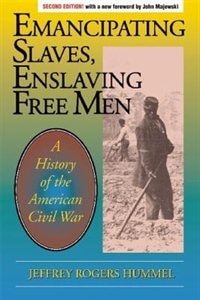
Compare Emancipating Slaves Enslaving Free Men by Jeffrey Hummel, Paperback | Indigo Chapters
Jeffrey Hummel
$68.95
For the 150th anniversary of the Civil War, a new edition of this acclaimed work. This book combines a sweeping narrative of the Civil War with a bold new look at the war's significance for American society. Professor Hummel sees the Civil War as America's turning point: simultaneously the culmination and repudiation of the American revolution. Chapters tell the story of the Civil War, discussing the issues raised in readable prose, each followed by a detailed bibliographical essay, looking at the different major works on the subject with varying ideological viewpoints and conclusions. In his economic analysis of slavery, Professor Hummel takes a different view. While some writers claim that slavery was unprofitable and harmful to the Southern economy, and others maintain it was profitable and efficient for the South, Hummel uses the economic concept of 'Deadweight Loss' to show that slavery was both highly profitable for slave owners and harmful to Southern economic development. While highly critical of Confederate policy, Hummel argues that the war was fought to prevent secession, not to end slavery, and that preservation of the Union was not necessary to end slavery arguing that the South crucially relied on the Northern states to return runaway slaves to their owners. This book combines a sweeping narrative of the Civil War with a bold new look at the war's significance for American society. Professor Hummel sees the Civil War as America's turning point: simultaneously the culmination and repudiation of the American revolution. Chapters tell the story of the Civil War, discussing the issues raised in readable prose, each followed by a detailed bibliographical essay, looking at the different major works on the subject with varying ideological viewpoints and conclusions. In his economic analysis of slavery, Professor Hummel takes a different view. While some writers claim that slavery was unprofitable and harmful to the Southern economy, and others maintain it was profitable and efficient for the South, Hummel uses the economic concept of 'Deadweight Loss' to show that slavery was both highly profitable for slave owners and harmful to Southern economic development. While highly critical of Confederate policy, Hummel argues that the war was fought to prevent secession, not to end slavery, and that preservation of the Union was not necessary to end slavery arguing that the South crucially relied on the Northern states to return runaway slaves to their owners. | Emancipating Slaves Enslaving Free Men by Jeffrey Hummel, Paperback | Indigo Chapters


